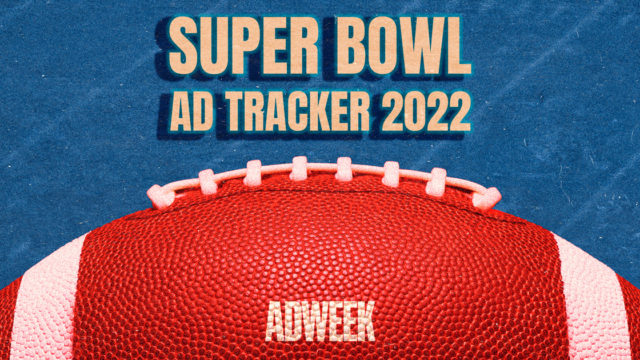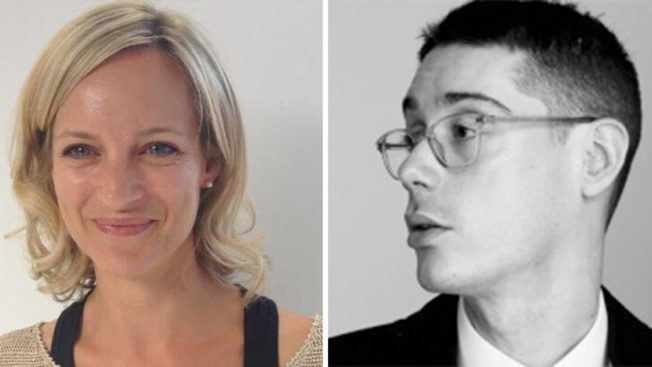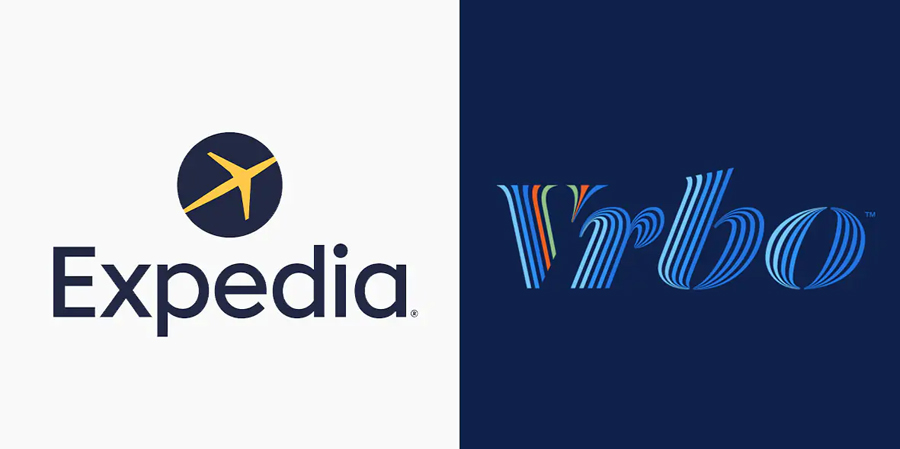The online booking firm paired Apple alums with agency partners Wieden+Kennedy and Anomaly to build an iconic brand from scratch.
Expedia is old enough to remember when tech companies like Pets.com and Electronic Data Systems bought Super Bowl ad time.
At more than 25 years old, however, it also knows that it has to adapt if it wants to remain more relevant than those bygone brands. The pandemic has only increased that urgency, with hotel chains and vacation rental platforms scanning data to find ideal travelers, and both network airlines and low-cost carriers figuring out pandemic-era passenger patterns.
Earlier this month, Expedia Group announced that it will run two national Super Bowl ads: a 60-second spot for its home-rental platform Vrbo produced with new agency partner Wieden+Kennedy, and a 30-second hit for Expedia from existing agency partner Anomaly.
“Travel has changed a lot during the pandemic; customers are looking for different things,” said Hector Muelas, svp of global creative for Expedia Group. “And that’s had an impact internally on how we’re organized and the type of work that we want to do, which in turn has had an effect on the types of partners that we want to work with.”
Apple takeover
Muelas himself was a big part of that reorganization, joining Expedia Group in July 2021 after his second two-year stint as Apple’s global creative director. In September 2021, he was joined by Apple colleague Michele Rousseau, who’d spent 12 years working on the tech giant’s brand.
Expedia Brands president Jon Gieselman, who also came over from Apple last year, gave Muelas and Rousseau permission to rebuild Expedia Group’s marketing and branding from scratch. The Big Game will show the first byproducts of that edict.
“We knew that we had a job to do in terms of relaunching these brands, relaunching these campaigns: We want to get our message out, get a big reach,” said Rousseau, who now serves as Expedia’s svp of global brand. “That’s what the Super Bowl definitely does for us. It’s the spot, but it’s also everything that we put around it.”

By Jason Notte
January 24, 2022
Expedia is old enough to remember when tech companies like Pets.com and Electronic Data Systems bought Super Bowl ad time.
At more than 25 years old, however, it also knows that it has to adapt if it wants to remain more relevant than those bygone brands. The pandemic has only increased that urgency, with hotel chains and vacation rental platforms scanning data to find ideal travelers, and both network airlines and low-cost carriers figuring out pandemic-era passenger patterns.
Earlier this month, Expedia Group announced that it will run two national Super Bowl ads: a 60-second spot for its home-rental platform Vrbo produced with new agency partner Wieden+Kennedy, and a 30-second hit for Expedia from existing agency partner Anomaly.

Super Bowl LVI Ad Tracker: Updates on All the 2022 Commercials
“Travel has changed a lot during the pandemic; customers are looking for different things,” said Hector Muelas, svp of global creative for Expedia Group. “And that’s had an impact internally on how we’re organized and the type of work that we want to do, which in turn has had an effect on the types of partners that we want to work with.”
Apple takeover
Muelas himself was a big part of that reorganization, joining Expedia Group in July 2021 after his second two-year stint as Apple’s global creative director. In September 2021, he was joined by Apple colleague Michele Rousseau, who’d spent 12 years working on the tech giant’s brand.
Expedia Brands president Jon Gieselman, who also came over from Apple last year, gave Muelas and Rousseau permission to rebuild Expedia Group’s marketing and branding from scratch. The Big Game will show the first byproducts of that edict.
“We knew that we had a job to do in terms of relaunching these brands, relaunching these campaigns: We want to get our message out, get a big reach,” said Rousseau, who now serves as Expedia’s svp of global brand. “That’s what the Super Bowl definitely does for us. It’s the spot, but it’s also everything that we put around it.”

Among Rousseau and Muelas’ first tasks was breaking Expedia Group out of its habit of jumping from one marketing campaign (and message) to another over short stretches of time. Muelas points out that the pandemic has shifted travelers’ expectations of companies like Expedia and its advertising.
They want meaningful, less transactional relationships with brands that offer more advice and knowledge, with fewer outright pitches. As a result, Rousseau and Muelas envision a campaign’s theme lasting for as many as four years before undergoing significant tweaks.
“I think Expedia had 14 campaigns in five years, and it was a completely different message every time that felt very reactive, as opposed to knowing exactly what the brand stands for,” Muelas said. “We don’t like advertising campaigns; we actually hate advertising campaigns, because they’re just a beep on the consumer radar that changes based on needs.”
“We like big creative platforms: creative frameworks that you can iterate over and over again and allow you to deliver a consistent message and add personality to the brand as it goes.”
Building an icon
That vision requires compatible agency partners. Expedia Group had a preexisting relationship with Anomaly that Rousseau said she and Muelas “sort of exploited now and built in a completely different way.” Anomaly worked on Expedia’s first Black Friday campaign in 2021 and, for the Super Bowl, produced Expedia’s 30-second spot assuring travelers that “in life, experiences are greater than things.”
Muelas worked with Wieden+Kennedy for nearly three years early in his career and still knew members of their creative team when Expedia Group brought the agency on board last year. Their first project with Expedia Group, a 60-second Super Bowl ad for Vrbo, explains that “it’s not always about the place you’re going, but who you’re going with.”
Expedia Group recently put both Anomaly and Wieden+Kennedy on retainer to help not only with ads but membership programs, social media and other aspects of the company’s marketing. That the move just happens to coincide with a waning omicron variant of Covid-19 and approaching spring and summer travel season is chalked up to coincidence.
The ambition, at the bare minimum, was to become the iconic brand in the category.
Hector Muelas, svp of global creative, Expedia Group
“The reason that it’s Wieden and Anomaly is not necessarily to do with timing or speed. We just like working with phenomenal partners that appreciate craft as much as we do,” Rousseau said, attributing much of the campaign’s timing to her and Muelas’ relatively recent arrival. “But it does look like an optimistic year, and I think, hopefully, we’re going to be out there with a new message as people start to really book travel.”
Muelas sees an even better reason for locking in Anomaly and Wieden+Kennedy for the foreseeable future: opportunity. He sees the agencies as just one element of a stockpile of marketing talent that includes award-winning executives, creative directors and marketers. He and Rousseau don’t want Expedia Group to have one or two buzzy travel brands—he wants it to be the envy of the creative world.
“When Michele and I started, there were bits and pieces that you see in travel, but there’s no Apple or Nike or whatever of travel—there’s not a brand that consistently becomes the reference for creativity,” he said. “Maybe some airline will do some really cool, tiny social thing that wins an award in Canada, but there’s not that brand that junior art directors consistently look at and go, ‘Holy shit.’”
“The ambition, at the bare minimum, was to become that iconic brand in the category.”
…
This article first appeared in www.adweek.com
Seeking to build and grow your brand using the force of consumer insight, strategic foresight, creative disruption and technology prowess? Talk to us at +971 50 6254340 or mail: engage@groupisd.com or visit www.groupisd.com/story

